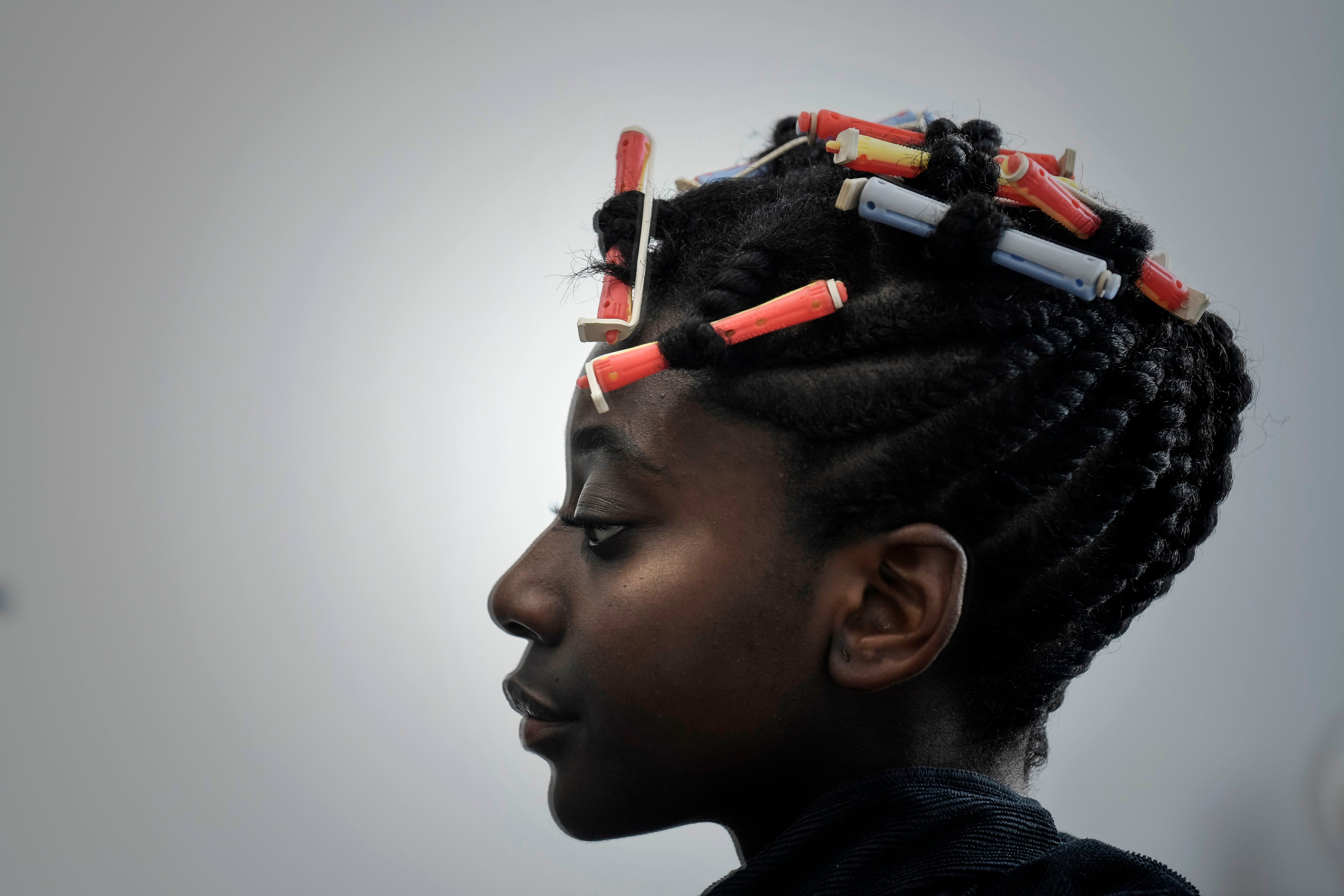Campaign to shape Afro hair discrimination in schools
Exclusive: The government recently committed to supporting a more inclusive school hair policy in its Inclusive Britain report - but took a more lukewarm position when approached by The Independent about the issue after failing to respond to queries

Your support helps us to tell the story
From reproductive rights to climate change to Big Tech, The Independent is on the ground when the story is developing. Whether it's investigating the financials of Elon Musk's pro-Trump PAC or producing our latest documentary, 'The A Word', which shines a light on the American women fighting for reproductive rights, we know how important it is to parse out the facts from the messaging.
At such a critical moment in US history, we need reporters on the ground. Your donation allows us to keep sending journalists to speak to both sides of the story.
The Independent is trusted by Americans across the entire political spectrum. And unlike many other quality news outlets, we choose not to lock Americans out of our reporting and analysis with paywalls. We believe quality journalism should be available to everyone, paid for by those who can afford it.
Your support makes all the difference.The equalities watchdog has committed to reviewing its guidance on Afro hair discrimination as a national survey has been launched by campaigners to inform new policies in schools.
The Equality and Human Rights Commission (EHRC) has confirmed that it will be looking at revising its position on the discrimination Black people face because of their hair following a string of high-profile cases and widespread campaigning.
This comes as a coalition of cross-party politicians, campaigners and organisations have today launched a new national scoping exercise on hair discrimination, the responses to which will be used to inform new policies against this form of discrimination across schools across England, Scotland and Wales.
This survey has been launched by Enact Equality, the secretariat behind the All-Party Parliamentary Group (APPG) for Race Equality in Education. The APPG includes members such as Labour MP Diane Abbott, Lord Simon Woolley, Conservative MP Adam Afriye and Lord Boateng, the UK’s first Black Cabinet Minister.
Numerous brands such as Dove, L’Oreal, Pantene, Dope Black Dads, GLAMOUR Magazine and the British Beauty Council are also backing the campaign, as well as a dozen other organisations.
Led by L’myah Sherae, director of Enact Equality, the initiative will run until 16 August 2022.
“Afro hair discrimination is racism - and, discrimination based on hair texture is illegal. We’re encouraging all Black communities, and parents of children with Afro hair, to take part in our national scoping exercise and share their experiences,” Ms Sherae said, adding that the Prime Minister’s Office contacted her last year and expressed an interest in introducing policy to tackle hair discrimination.
“All of the responses we receive will be shared with senior policy leaders, and will be used to directly inform the creation of new resources and guidance at national level. This, we hope, will transform schools across England, Scotland and Wales.
“I’m thankful to all of the brands and organsiations who are supporting our campaign, and I am glad to have the opportunity to help both the Equality and Human Rights Commission, and the UK government, draft this guidance. Ensuring that schools are safe and supportive environments for Black children must be the core priority here. We want to ensure that no child is ever sent home from school for wearing their hair naturally, or in a protective style, again.”

The UK government committed to supporting a more inclusive school hair and uniform policy in its Inclusive Britain report in March, however took a more lukewarm position when approached about this survey by The Independent after failing to respond to multiple queries despite opening emails.
Eventually a government spokesperson replied: “Discrimination of any kind has no place in modern Britain. It is for school leaders and individual workplaces to make decisions about dress codes as they are best placed to ensure these policies meet the needs of their pupils or employees.”
A spokesperson for the Equality and Human Rights Commission said: “Schools and businesses must be inclusive environments for all people. This is an issue we take very seriously and are currently reviewing our existing guidance for schools into discrimination because of hair. We will always welcome and take into account evidence as part of this review process.”
Numerous cases of hair discrimination against Black people have hit the headlines in recent years. A research study found that over half (52 per cent) of Black people with Afro hair said that discrimination against their natural hair had negatively affected their self-esteem or mental health.
The EHRC hopes to publish its national guidance before the end of the year, The Independent understands.
This new survey follows a letter sent by Kim Johnson MP, vice-chair of the APPG for Race Equality in Education, to the Equality and Human Rights Commission in October 2021 asking for greater guidance on the law measures to end hair discrimination.
Has this affected you? Please get in touch. Contact us by clicking here
Join our commenting forum
Join thought-provoking conversations, follow other Independent readers and see their replies
Comments